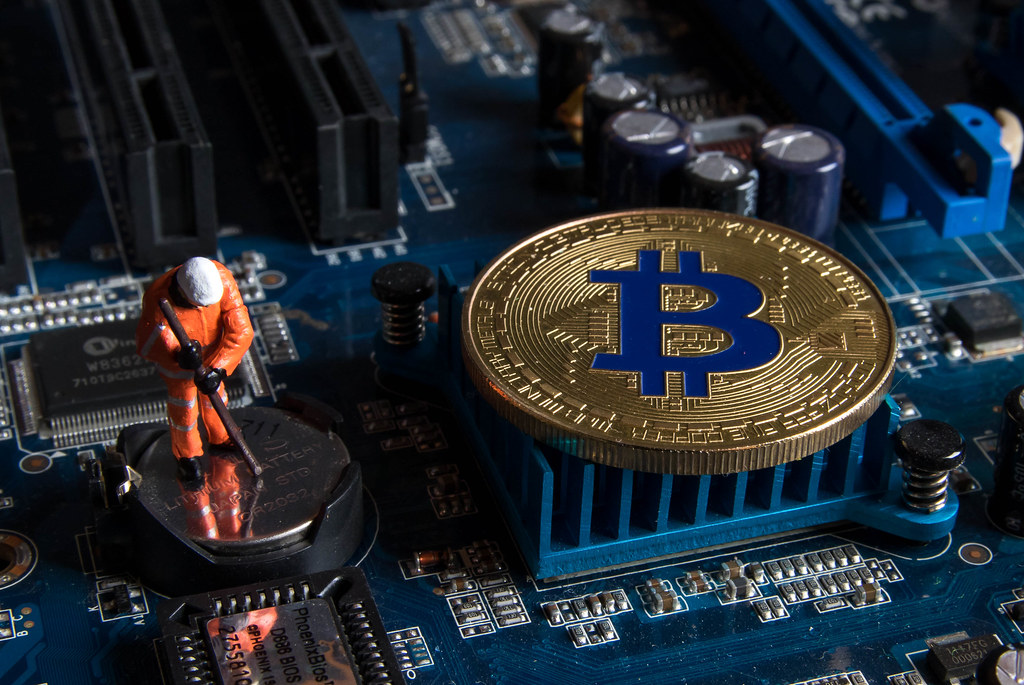The BTC community debunks proof-of-work FUD in a letter sent to the EPA -Environmental Protection Agency in order to educate and clear up any confusion about Bitcoin’s power consumption so let’s have a closer look at today’s latest BTC news.
The BTC community debunks the FUD and argued that the PoW environmental impact is overstated and that the PoS alternatives are often prone to corporate capture. A few communities and industry leaders issued a letter to the Environmental Protection Agency in order to clear up any confusion about Bitcoin’s power consumption and among the 55 signatories are Michael Saylor and Jack Dorsey. The letter shared by the BTC mining Council was designed as a response to a previous congressional request and to review mining facilities’ complaince with the Clean Water and Air act.
The request alleged that the proof of work mining facilities are harmful to the communities by creating huge greenhouse gas emissions, noise pollution, and electronic waste but also it claimed that the consensus mechansim is energy inefficient and cited proof of stake as an alternative like cleaner mining technology. The BTC industry’s response deems a few of these claims to be misleading and corrects congress’ conflation of data centers with the power generation facilities. The data centers that host miners buy pre-produced energy off the open market like Apple, Amazon, and Microsoft.
At a basic level, the Proof of work requires network users to spend energy competing for the right to construct BTC’s next block and on the other hand, Proof of stake grants block creation rights to those that stake the biggest amount of the existing crypto holdings without having to consumer power. Most in the crypto industry like Solana and Ripple argued that Bitcoin should adopt the mechanism because of its greater efficiency. However, the council’s letter maintained that proof of stake lacks a track record that has been proven and has single points of failure while being less reliable to govern a glboal monetary system.
Though most of the initial letter was misleading, the council deemed congress’ claims about BTC e-waste to be “straightforwardly false” and their letter also cited a paper by Alex De Vries which estimated that mining ASICs dropped every 1.3 years on average which led to the estimation that miners create 30,700 tons of electronic waste. There’s an active market for old BTC mining machines like s7 and s9 ASICs from Bitmain that are visible on the blockchain. The letter concluded by saying BTC mining doesn’t raise environmental issues but is the most important financial and economic innovation in the history of mankind.
DC Forecasts is a leader in many crypto news categories, striving for the highest journalistic standards and abiding by a strict set of editorial policies. If you are interested to offer your expertise or contribute to our news website, feel free to contact us at [email protected]























Discussion about this post